When researchers create narratives that invite communities into the storytelling, the outcome can be more responsive, relevant, and just.
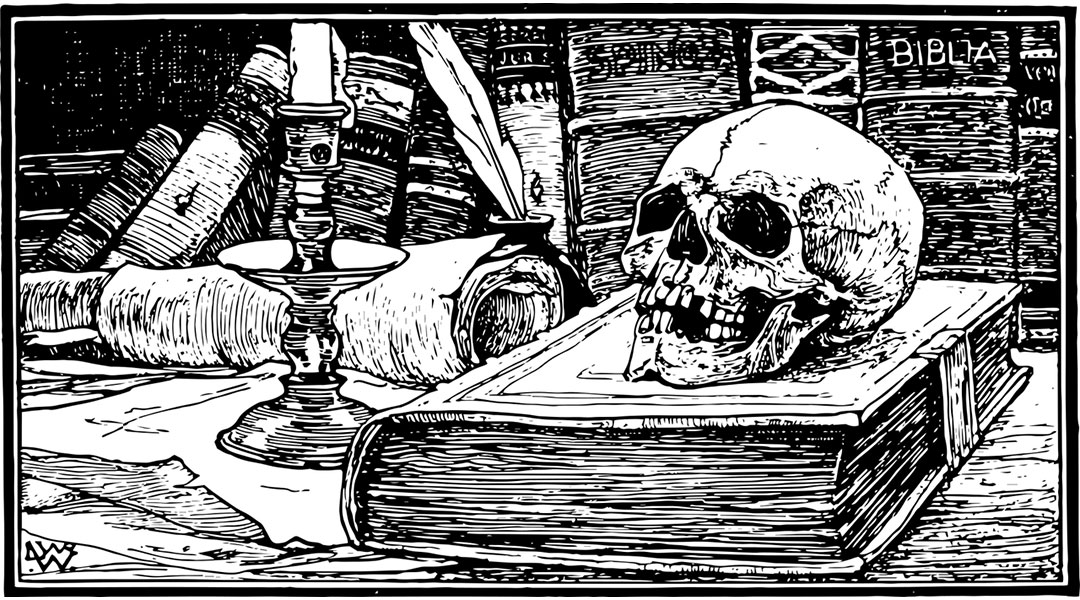

When researchers create narratives that invite communities into the storytelling, the outcome can be more responsive, relevant, and just.
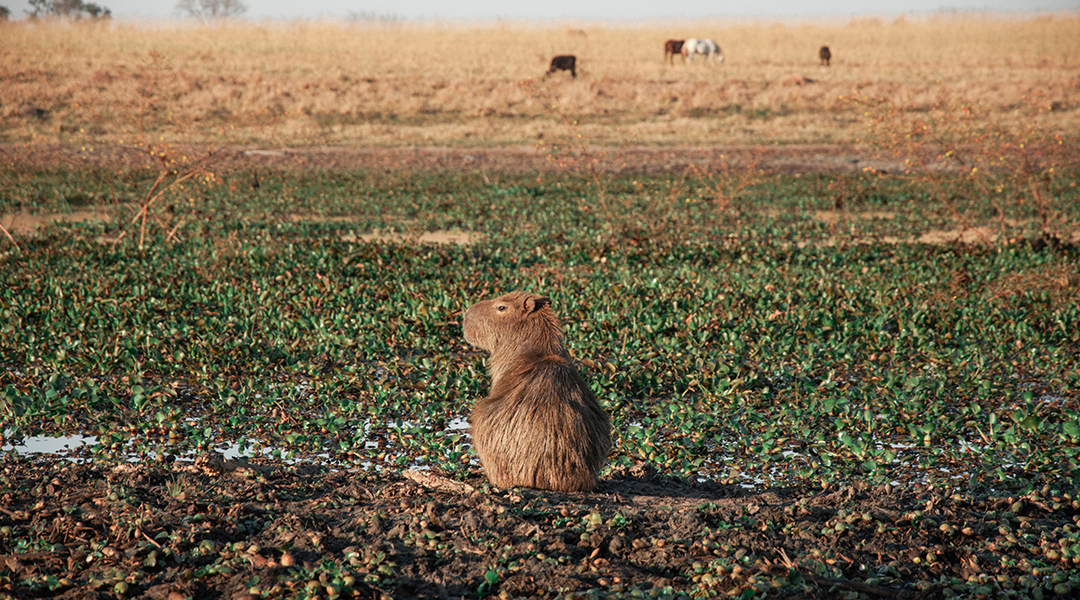
Unique enzymes found in the gut of sugarcane-eating capybaras could help convert agricultural waste into low-carbon biofuels.

By changing the blood type in a set of donor lungs, researchers hope to one day create universal donor organs.
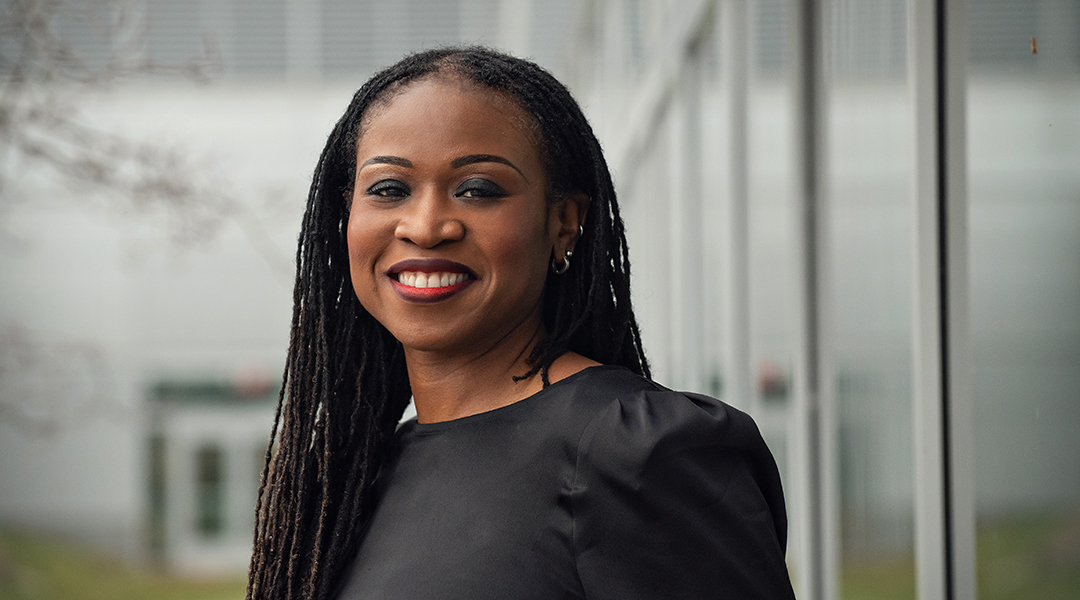
Chemical engineer and STEM advocate Lola Eniola-Adefeso deciphers components of the blood and designs therapeutic particles to help treat disease.
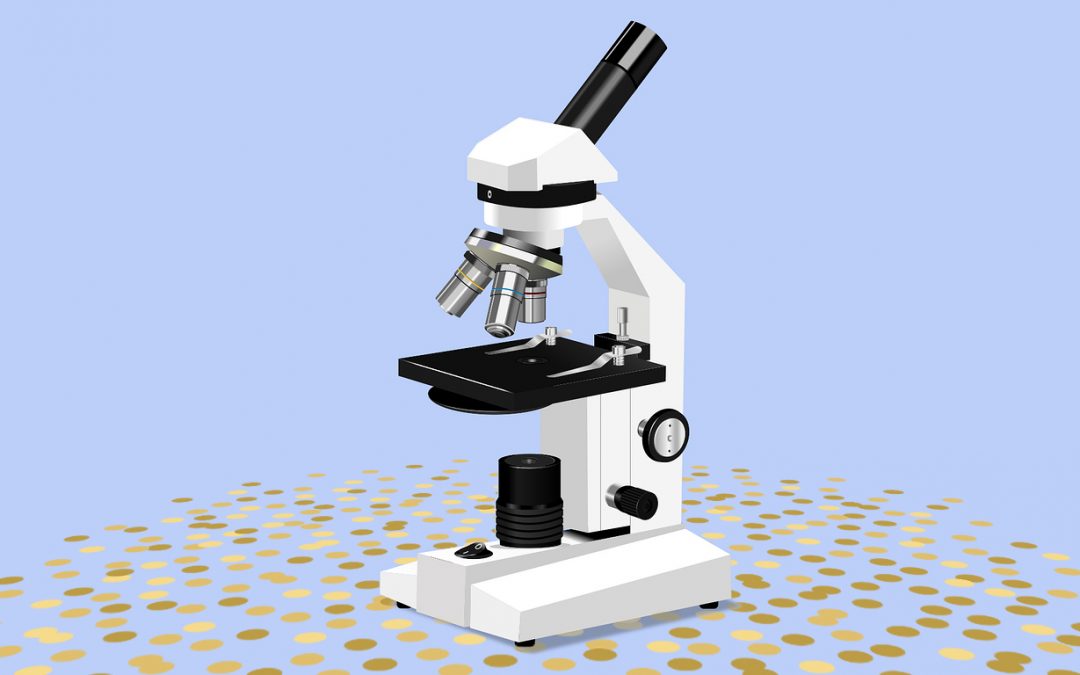
Catch up on some of the most exciting and impactful developments in science from this year, published on ASN and selected by our editors.
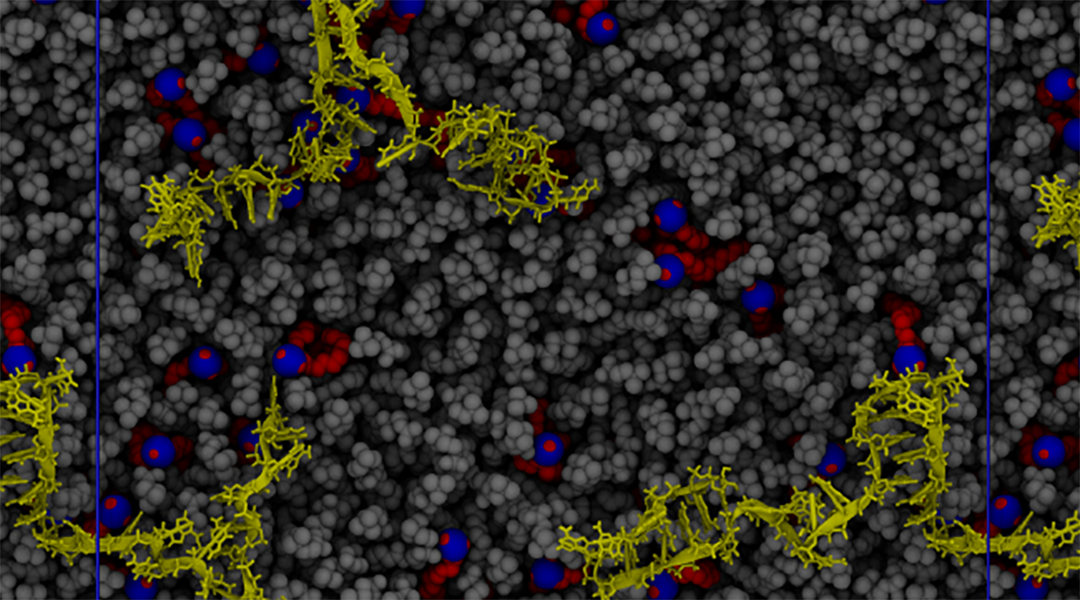
Molecular dynamics offer ways to improve lipid-based therapeutic delivery systems.

Professor Madhu Bhaskaran creates devices to assess the biometrics of the human body and helps patients feel again.
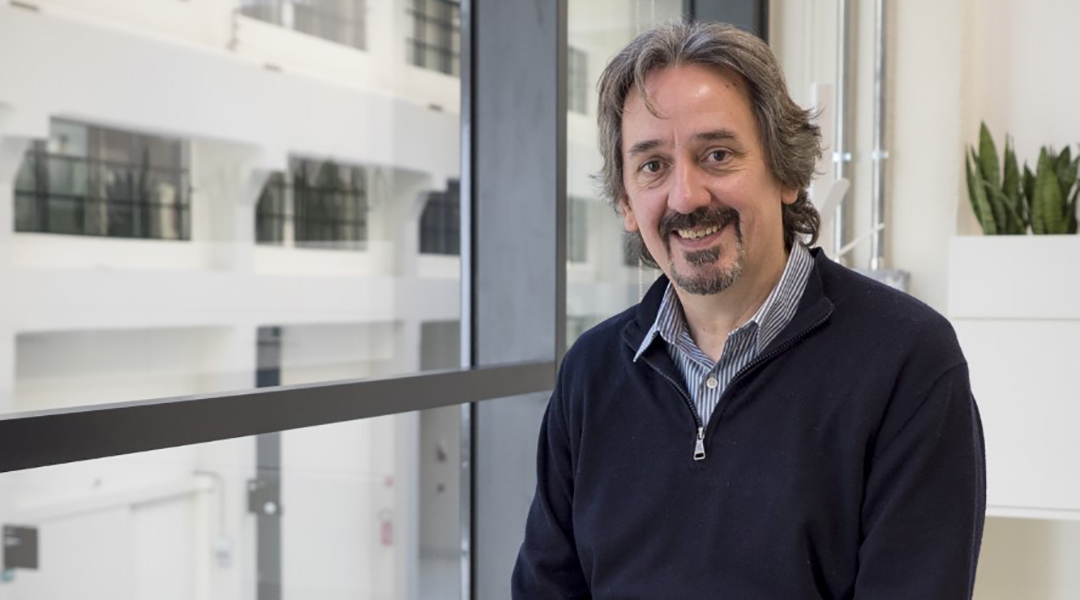
Albert Zink, director at the Institute for Mummy Studies, investigates remains from the past to bring ancient stories to life.

The idea of connecting all physical things together: let’s delve into how the Internet of Things is changing the world.
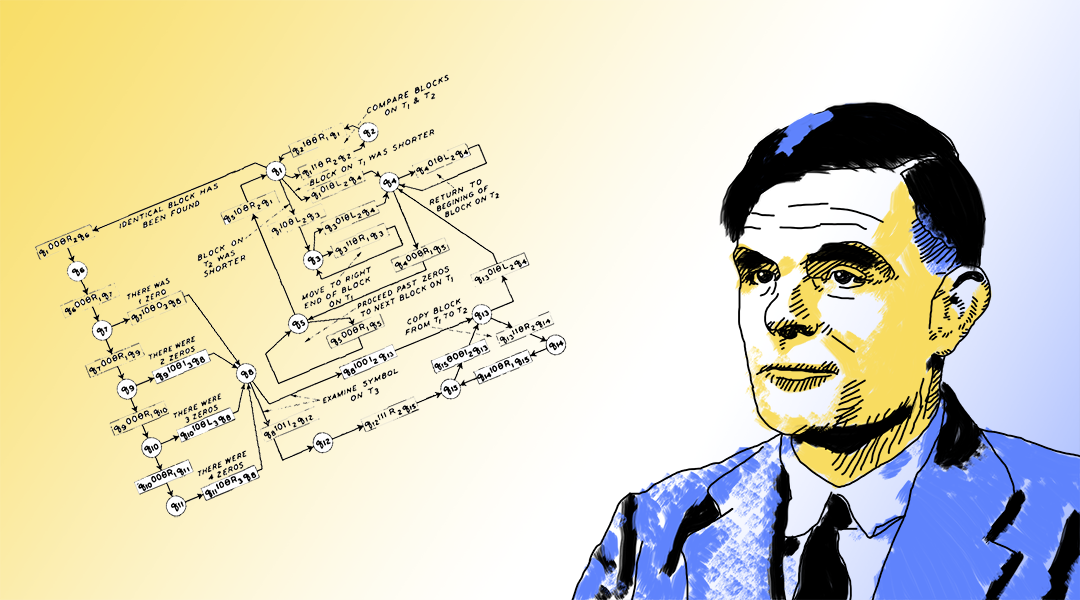
Mathematician, code-breaker, and the founder of modern computer science, here we highlight the genius and tragedy of Alan Turing.